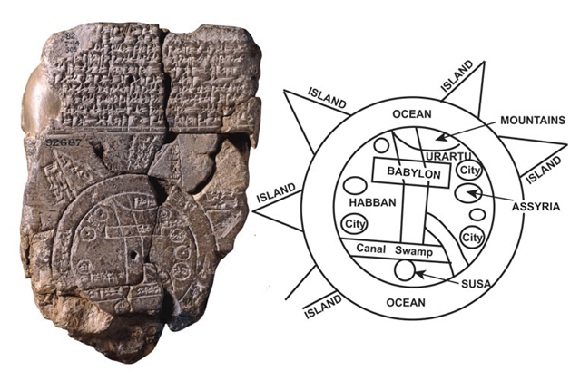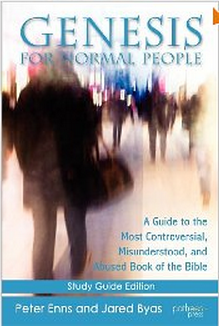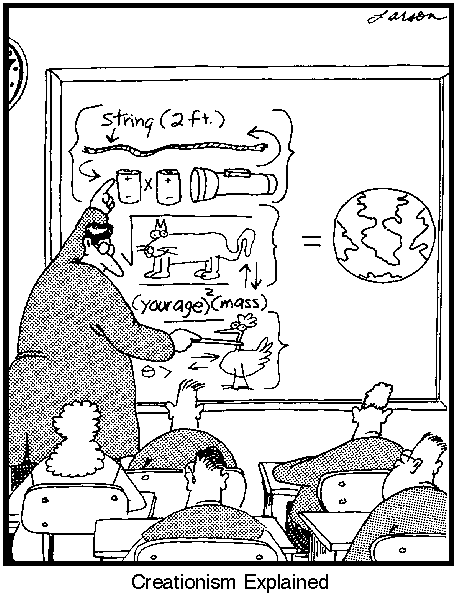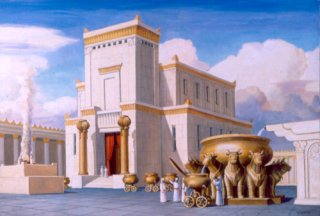Search results for: “"john walton"”
-
On Ben Carson’s Adventism, Creationism, and the Bible
I wrote a piece at ReligionandPolitics today about how Ben Carson’s SDA beliefs put him close to the source of creationism. Please give it a read. Ronald Numbers, eminent historian of science, creationism, and Seventh-day Adventism offered useful critique of an earlier draft, my thanks to him. There were a few questions I wanted to address beyond…
-

The Sabbath Day: Its Meaning and Observance
This was a talk I gave a month or so ago as part of High Council Sunday. In preparation for this talk, I read through Elder Nelson’s April Conference address on the Sabbath, in which he stated, “I am intrigued by the words of Isaiah, who called the Sabbath “a delight.” Yet,” he continued, “I…
-

Initial Short Speculation on Three Book of Mormon Passages and Ancient Cosmology
Part of writing a book about ancient cosmology and Genesis 1 is… reading lots about ancient cosmology and Genesis 1. In doing so, I’ve had some thoughts about three Book of Mormon passages. I’ve generally set these on the shelf, so these are initial thoughts which upon further investigation may turn out to be highly significant or completely…
-

The Philosophies of Men… Mingled with Monopoly (updated)
Something insidious infects our children from the moment they’re born. It’s unstoppable. It surrounds us, burrows in deep, far below our conscious minds, and like a computer virus, writes subtle programming that dictates our worldview, our attitudes, and assumptions, shaping our very reflexes…
-

Books! A small timely plug (updated!)
As you know, we are to study out of the best books, which entails reading. President Hinckley once lamented, “I confess that I am constantly appalled by the scarcity of my knowledge, and the one resentment I think I carry concerns the many pressing demands which limit the opportunity for reading.”
-

Genesis vs. Science: Background, Readings, and Discussion
One of the problems that crops up with Genesis is its proper context, its genre, what background it should be read against (modern science or ancient Near East?) That is, modern western English readers have a particular (modern) worldview with various questions and issues. When they read Genesis, they naturally place it into that setting,…
-

Institute Report: Genesis Week 4
This week, we continued talking about Enuma Eliš and Genesis 1, beginning with a review of some of the similarities we talked about last week. Similarities– 1) Opens with temporal clause. 2) pre-creation darkness 3) precreation cosmic waters 4) wind/spirit 5) division of the waters to create space for human existence 6) a solid “roof”…
-

Priests, Babylonians, and Seven 24-hour Days of Creation
Even though it comes first in the Bible, Genesis 1 represents the youngest of three Israelite creation traditions. As happens in culture and even inspired religion, traditions of the past were once again adapted and (re)appropriated to meet the needs of the time. Genesis 1-2:4 is generally believed to have come from a priestly tradition…
-
Books of Interest to the LDS Nerd
A few of these are forthcoming, a few have appeared recently. I am compelled to read them all, as soon as I can get to them. Now Available Charles Harrel,“This Is My Doctrine”: The Development of Mormon Theology (Kofford Books) “In this first-of-its-kind comprehensive treatment of the development of Mormon theology, Charles Harrell traces the…
